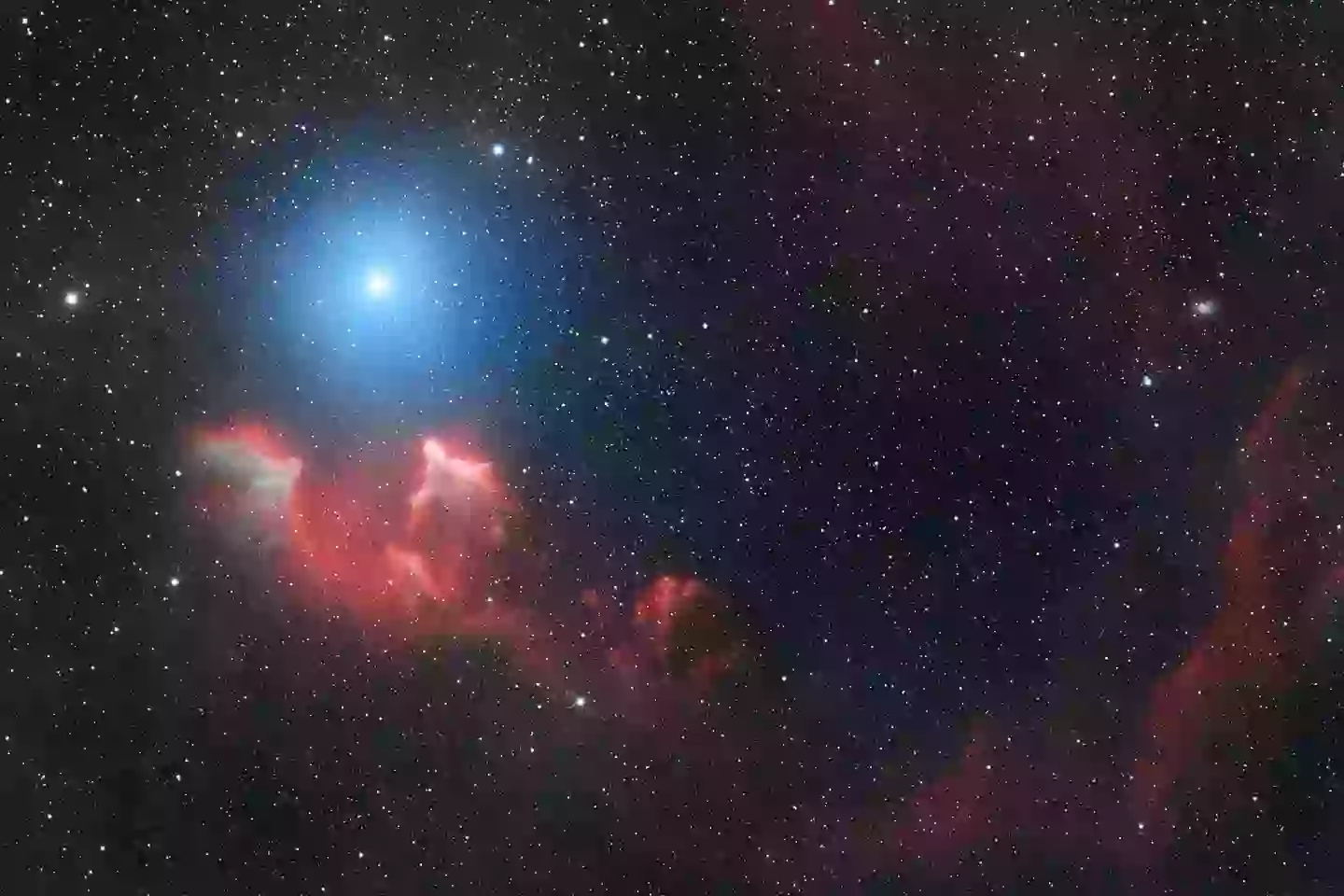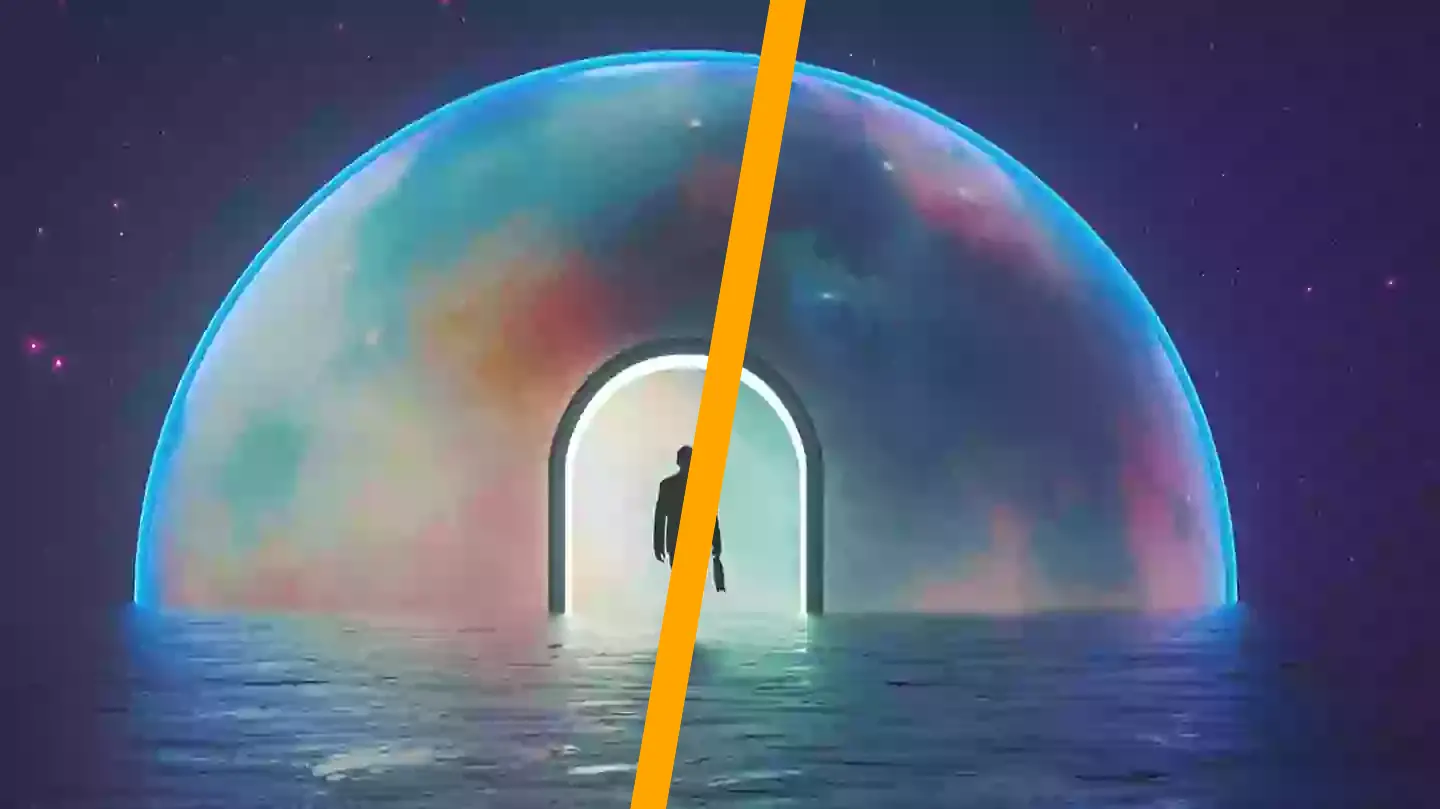If you’ve ever dreamt of being the first person to journey into the future, you might be surprised to learn that, according to scientists, some individuals have already done so.
Many of us grew up watching “Back to The Future,” fantasizing about being Marty McFly. However, it turns out that some people have actually managed to travel into the future, albeit not as dramatically as Marty with Doc and a high-speed car. Scientific theories suggest time travel is indeed a reality.
The concept of time travel has captivated imaginations for years, and it’s astonishing to realize that we’ve discovered a method to achieve it, even if it’s not widely publicized.
You’re likely wondering why the world isn’t abuzz with news if time travel exists.

The concept diverges from the idea of a traditional time machine. It revolves around traversing space and time.
Time travel, as explained by science, is rooted in Einstein’s theory of special relativity, published in 1905.
The renowned German physicist proposed that time’s passage is relative to the observer, meaning that on Earth, we all experience time at the same rate.
However, when someone moves at higher speeds, they traverse time at an accelerated pace.
Thus, when considering space travel, we’ve effectively achieved time travel. Astronauts orbiting Earth at 17,500 mph experience a forward shift in time compared to those on the surface.
This phenomenon potentially explains why NASA astronauts age more slowly than those who remain on Earth.
For instance, Butch Wilmore and Suni Williams recently returned from a nine-and-a-half-month mission aboard the International Space Station. Due to their speed, they would perceive their time there as shorter than if they had stayed on Earth.

In this context, they could be regarded as time travelers.
The BBC notes, “Those who are in space ‘are spending more of their budget on speed than us and so have less to spend on time’, meaning they age more slowly.”
The twin astronauts Mark and Scott Kelly have also experienced this intriguing effect, known as time dilation.
Both have visited the ISS, but Scott’s stay was significantly longer, about ten times longer, to be precise.
Despite Mark being born six minutes before Scott, Scott is now six minutes and 5 milliseconds younger, as he aged more slowly during his time in space.
This remarkable phenomenon has been extensively studied and reported in NASA’s Twins Study.
To put it simply: People who move closer to the speed of light age more slowly than those moving further away from it.
It’s perplexing, it’s fascinating, but ultimately, it’s science. As such, it might never be entirely comprehensible to us ordinary humans.

